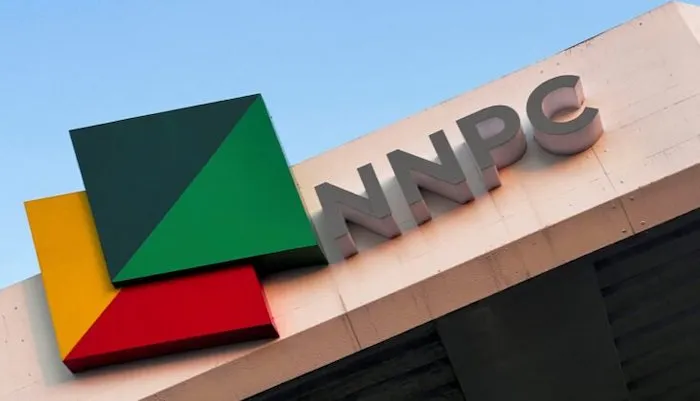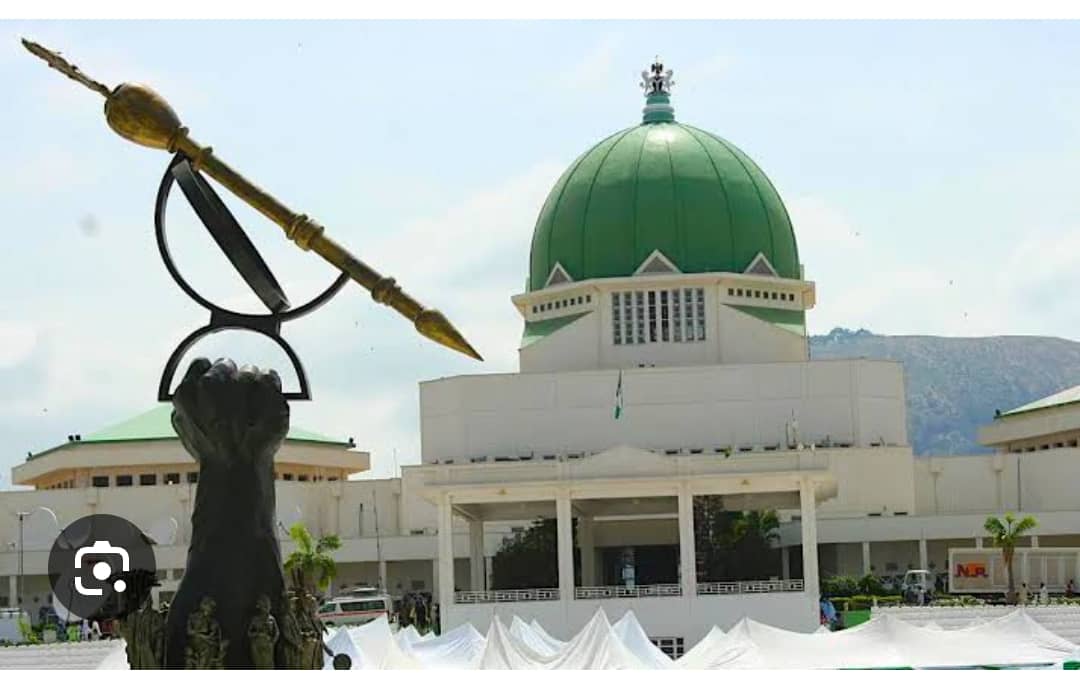The Office of the Auditor-General for the Federation has revealed 28 major financial irregularities linked to the Nigerian National Petroleum Company Limited (NNPCL), amounting to N30.1 billion, $51.6 million, £14.3 million, and €5.17 million in questionable payments, undocumented expenditures, and breaches of financial regulations. When converted to naira, this totals approximately N61.1 billion.
These findings are part of the Auditor-General’s 2022 Annual Report on Non-Compliance and detail transactions conducted during the 2021 financial year across NNPCL and its subsidiaries. The report, which has been sent to the National Assembly, accuses NNPCL of weak internal controls and unauthorized virements, along with issues such as tax infractions and unsubstantiated settlements.
The Auditor-General’s office stated that these findings highlight systemic weaknesses that expose public funds to avoidable risks. It emphasized that where documentation was not provided, payments were unjustified, and absent approvals led to legal breaches. The report insists that recovery and sanctions must follow these lapses.
In earlier reports, NNPCL had already been implicated in financial discrepancies involving the diversion of N2.68 trillion and $19.77 million over a four-year period. The new audit indicates a persistent pattern of unremitted funds, unsupported transfers, and irregular withdrawals that have raised significant concerns regarding governance and accountability in the petroleum sector.
One notable revelation is related to £14,322,426.59 spent by NNPC’s London office without proper documentation. Auditors noted that the corporation failed to provide details or supporting schedules for the expenditure, raising questions about compliance with financial regulations.
Despite the magnitude of the spending, the audit team was unable to ascertain whether the expenditure adhered to due process. The Auditor-General indicated that the failure to provide documentation reveals weaknesses in the internal control systems at NNPCL, rendering the organization susceptible to the risks of misappropriation.
In response, NNPC management stated that its London office operates as a service unit with an approved annual budget for the £14.32 million allocated in 2021, claiming adherence to operational and financial requirements. However, they contended that the audit query lacked specificity, making it challenging to provide focused explanations.
The Auditor-General rejected this defense, calling it unsatisfactory, and reiterated that NNPC must provide accountability for the funds spent and take corrective actions as prescribed.
The audit also highlighted other significant irregularities, including payments made without appropriate approvals or documentation and unnamed payments processed outside approved limits. It further indicated non-remittances of statutory surpluses amounting to N12.721 billion, which is contrary to the company’s obligations.
The report lists various other infractions: N3.445 billion paid without proper approval, N2.379 billion in irregular compensation to staff, and N1.212 billion paid to contractors without necessary documentation. The audit stressed the need for immediate recovery of unsupported payments and the remittance of withheld surpluses, alongside potential sanctions for responsible officers.
As the national oil company aims to position itself as a fully commercial entity under the Petroleum Industry Act, the findings underscore the challenges it faces in achieving transparency and efficiency. Critics argue that despite reforms, NNPCL remains plagued by a culture of secrecy and corruption.
The Centre for Anti-Corruption and Open Leadership has described NNPCL as a hub of institutional corruption, suggesting that powerful interests have historically shielded it from accountability.
Stakeholders call for a tougher stance against corruption within NNPCL, highlighting the essential role of transparency in governance and the need for reforms to ensure the company operates in the public interest.







